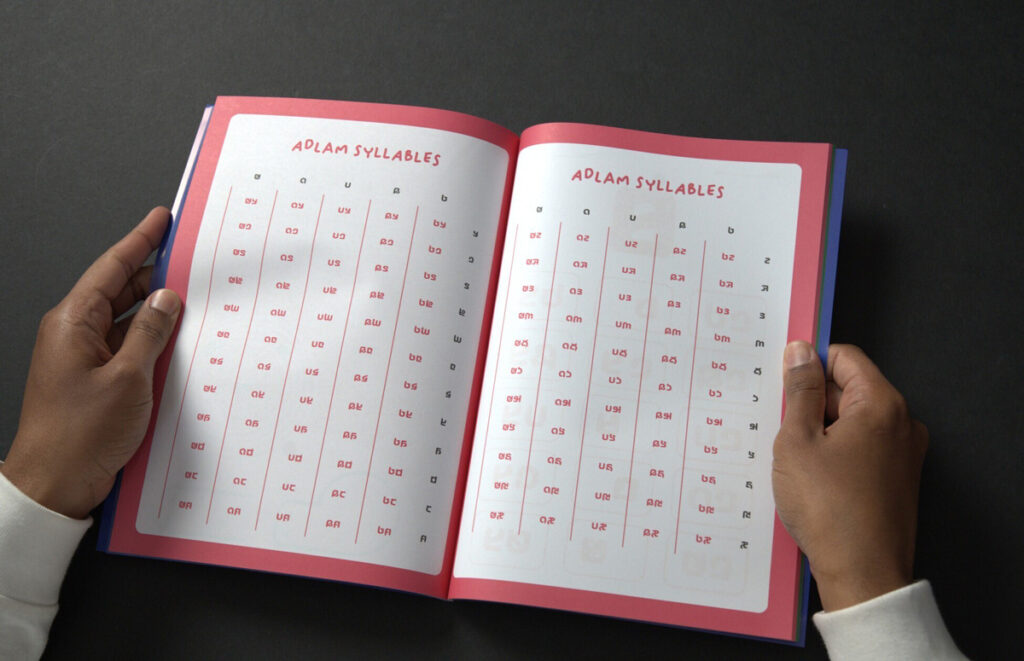With C-suite leaders from iconic brands keynoting sessions, leading workshops and attending networking events, Brandweek is the place to be for marketing innovation and problem-solving. Register to attend September 23–26 in Phoenix, Arizona.
More than a mere collection of words, language provides a unique perspective of the world. Each time one disappears, so does its way of seeing things.
When considering that experts fear 90% of languages around the globe could vanish over the next century, that’s a lot of viewpoints to lose.
In the Effie Award-winning campaign “ADLaM: An Alphabet to Preserve a Culture,” McCann New York revealed how Microsoft worked with the Fulani people of West Africa to keep their language—and, therefore, their wisdom, creativity, and history—alive in the digital era.

The problem
Although around 60 million Fulani people communicate through their native tongue of Pulaar, the language hasn’t had an alphabet for the majority of its existence. The only way to use it was to speak it.
This changed in the late 1980s, when two Fulani brothers, Ibrahima and Abdoulaye Barry, began creating a Pulaar alphabet. They dedicated themselves to the task, filling notebooks with shapes and symbols. Sometimes they closed their eyes and tried to draw new characters based on sound alone.
Eventually, the brothers settled on a 28-letter system that’s become known as ADLaM, an acronym featuring the alphabet’s first four characters that stands for Alkule Dandayɗe Leñol Mulugol, or “the alphabet that protects the people from vanishing.”
Despite the major achievement, ADLaM remained confined to pen and paper. The only way to use it was to write it by hand. This meant Pulaar speakers had to rely on another language for expressing themselves through email, text messages, and social media. If the Fulani people wanted to participate in business and conversations happening on digital channels, they had to leave their words behind.
The solution
In 2019, at the Barry brothers’ request, Microsoft got involved. Working alongside the brothers and Fulani community at large, the tech company began honing each ADLaM character.

